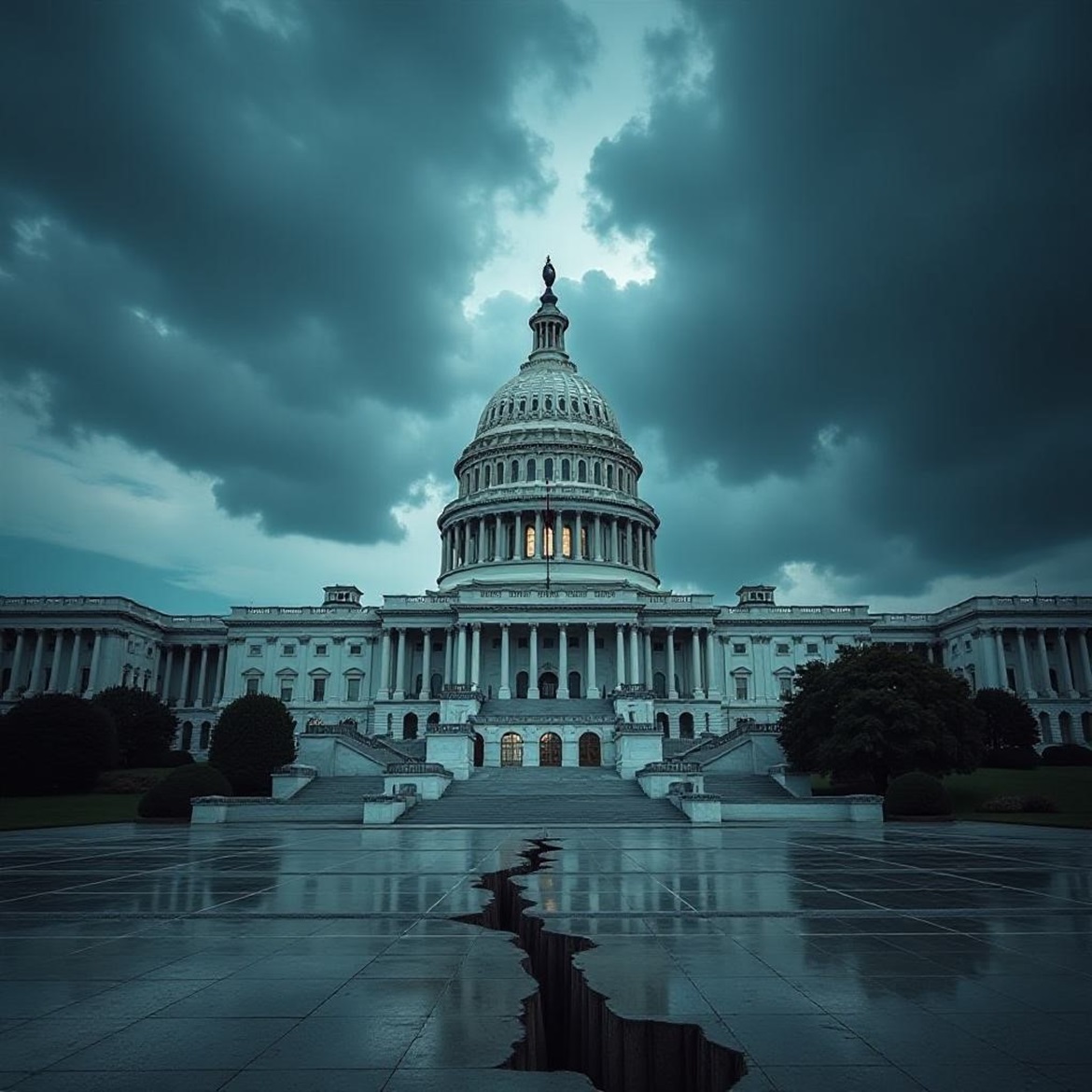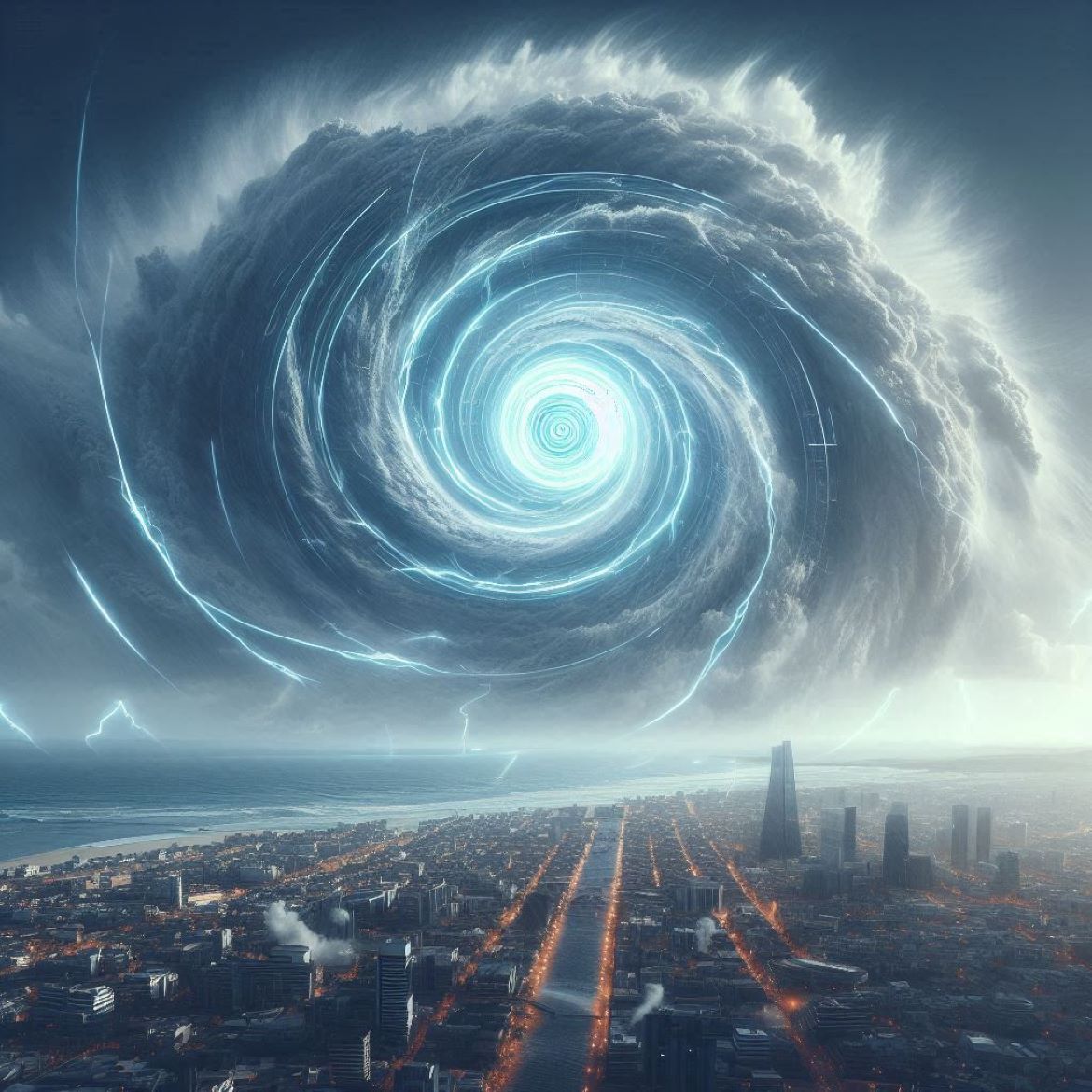The world we live in today is almost unrecognizable from just a decade ago. We now carry tiny computers in our pockets, rely on artificial intelligence for everything from personal assistants to financial advice, and have our lives curated by algorithms. But behind this shiny, modern veneer, there’s a deeper, darker question we need to ask: How much control do we truly have over our digital lives, and how much is dictated by forces beyond our control?
Big Tech and government officials seem to have struck an unspoken alliance that leaves the average citizen out in the cold. Whether it’s censorship, the erosion of data privacy, or widespread digital surveillance, the invisible web between politicians and tech giants grows tighter each day. And while this union benefits those in power, it leaves us—regular people—more vulnerable than ever.
Are we living in a digital utopia, or something far more sinister?
The Hidden Influence of Big Tech
At first glance, the relationship between Big Tech companies and politicians may seem like a harmless partnership. After all, technology has made our lives more convenient, right? But if you dig a little deeper, you’ll see how the lines between corporate power and government authority are becoming increasingly blurred.
Let’s start with the basics. What do these companies—think Google, Facebook (now Meta), Amazon, and Apple—really want? At the end of the day, they want one thing: control. And how do they get that control? By gathering information—information about you, me, and everyone we know. Every search, every click, every “like” we make online is meticulously tracked, recorded, and analyzed.
The data these tech companies accumulate isn’t just used to sell you personalized ads. It’s used to create profiles of who you are, what you believe, and even how you think. That data is power. And who wouldn’t want a piece of that power? The answer, of course, is the government.
Digital Surveillance: The Silent Observer
In a world dominated by technology, digital surveillance has become the norm. We live our lives on display—whether we know it or not. The government, hand in hand with Big Tech, has created a system where your every move can be monitored, often without your consent.
Edward Snowden, the whistleblower who exposed the U.S. government’s massive surveillance program in 2013, pulled back the curtain on just how deeply embedded this surveillance is. His revelations made it clear that governments across the globe—particularly in the United States—have been using Big Tech to keep tabs on their citizens.
It goes deeper than just collecting phone records or monitoring emails. Governments, with access to Big Tech’s data, can pinpoint your location at any given time, map out your social networks, and even predict your future behavior. This constant observation has created a society where privacy is an illusion, and anonymity is a thing of the past.
The Erosion of Free Speech
Censorship is another tool being wielded by the powerful alliance between politicians and Big Tech. At face value, the idea of regulating harmful content online seems like a noble cause. No one wants to see hate speech, violent threats, or false information running rampant across the web. But the slippery slope is clear when you see who’s holding the reins.
In recent years, we’ve seen platforms like Twitter, YouTube, and Facebook censor users for sharing viewpoints that go against the grain. Some of these viewpoints may be controversial, but many fall within the realm of legitimate discourse. The problem arises when tech platforms, under pressure from governments, start picking and choosing which voices to silence.
Why does this happen? Because tech companies want to keep their regulatory partners happy. They are far more willing to suppress speech that could disrupt the current political status quo than to fight for the rights of individuals to express unpopular opinions.
Censorship is a powerful weapon. By controlling what people are allowed to say—or even think—you can manipulate the narrative. And when that control rests in the hands of both politicians and Big Tech, the potential for abuse is staggering.
Data Privacy: Who Really Owns Your Information?
Another critical issue at the heart of the Big Tech-government alliance is data privacy. The collection of your personal information by tech companies is not just an annoyance—it’s a full-scale invasion of your privacy. And what’s worse, that data isn’t staying safely within the confines of those companies.
Politicians and government agencies have a vested interest in your personal information. The more data they can access, the more control they can exert over you. It’s no coincidence that laws designed to protect consumer privacy are weak, fragmented, and easily bypassed by both Big Tech and government authorities.
Sure, some companies have been hit with fines or have made promises to “do better,” but those penalties are a drop in the bucket compared to the billions they continue to rake in by exploiting your data. And make no mistake—your data is valuable. It’s used to influence elections, manipulate public opinion, and shape policies that benefit the few at the expense of the many.
The Future of Control
Where does all of this leave us? If the bond between Big Tech and government remains unchallenged, the future looks bleak. As technology continues to evolve, the methods of control will only become more sophisticated. Artificial intelligence, biometric tracking, and quantum computing are just the beginning.
What happens when governments and tech companies know more about you than you know about yourself? What happens when every thought, action, and decision you make is tracked, analyzed, and possibly even controlled?
We are on the brink of a new era, one in which personal freedom could become a relic of the past. The digital dystopia isn’t a far-off fantasy—it’s already here, quietly creeping into every corner of our lives.
Who’s Really in Charge?
The unholy alliance between politicians and Big Tech has set the stage for unprecedented levels of control and surveillance. As we continue to embrace technology, we must also question the price we’re paying for convenience. If we don’t, we run the risk of waking up one day to find that we no longer have a say in how our world is run.
The question we need to ask ourselves is simple: Who’s really in charge of our digital lives—us, or the powers that be? If we don’t take control of our digital futures, someone else will. And that’s a reality none of us should be willing to accept.




